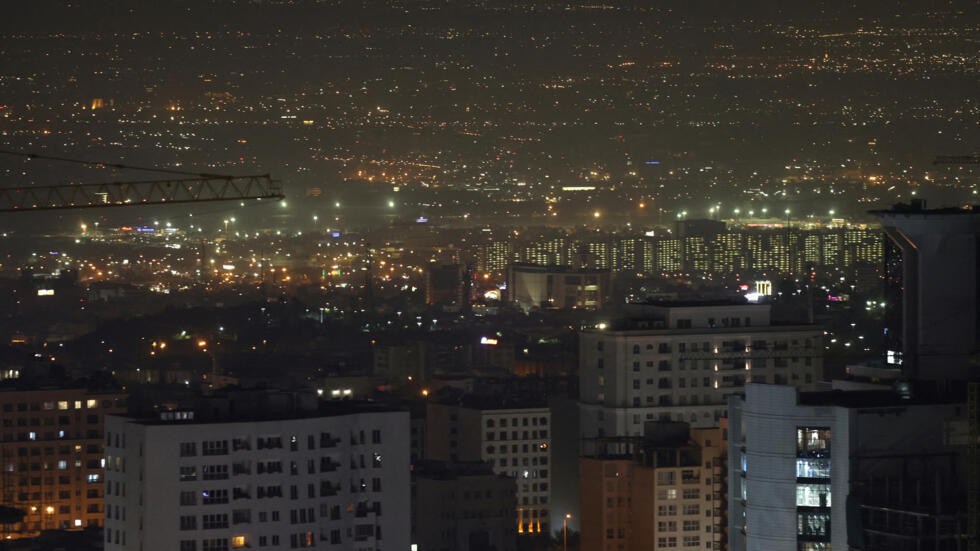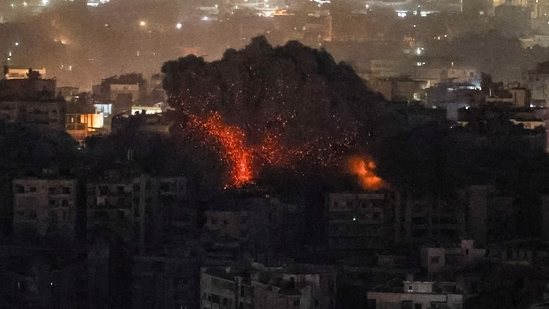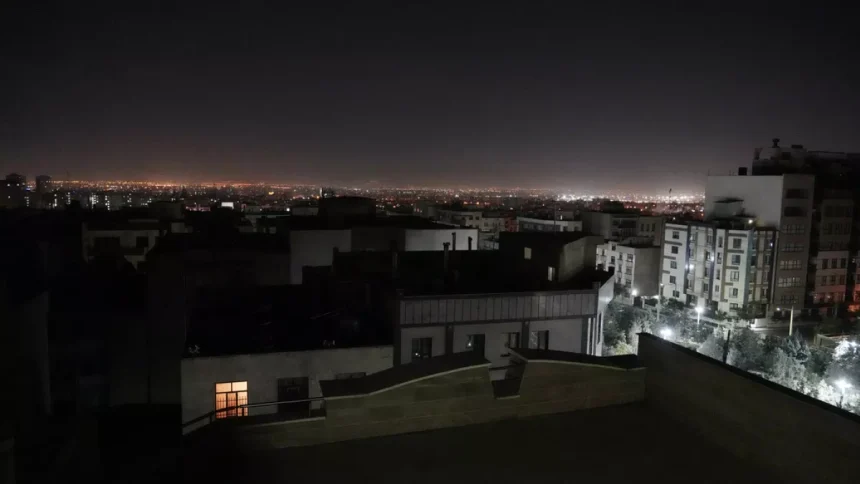The Middle East witnessed another intense escalation on Saturday when Israel carried out a series of precision airstrikes against military sites in Iran, marking a significant step in the ongoing hostilities between these longstanding adversaries.
According to statements from Israel’s military, the strikes were launched in direct response to a recent missile barrage from Iran that had struck Israel earlier this month. This exchange of fire signals the latest clash in a rising wave of violence that could widen into a broader regional conflict, Reuters.
Starting shortly after 2 a.m. local time in Iran, explosions reverberated across Tehran and nearby military installations, prompting Iranian air defenses to spring into action.
The strikes reportedly unfolded in three distinct waves, with Israeli forces hitting missile production facilities and surface-to-air missile batteries stationed in various regions, including Tehran, Khuzestan, and Ilam. By early morning, the Israel Defense Forces (IDF) announced that they had completed their operation, citing the achievement of their strategic objectives and warning Iran against further escalation.

Following the strikes, Iran’s semi-official Tasnim news agency declared that the nation would launch a “proportional response,” signaling Tehran’s readiness to retaliate. Iran’s air defense systems had reportedly intercepted many of the incoming Israeli missiles, limiting the damage to targeted locations, according to Iranian state media.
The latest exchange of fire comes at a time when regional tensions are at their highest in years. On October 1, Iran launched a substantial missile attack on Israel, reportedly firing approximately 200 ballistic missiles, leading to the tragic death of one individual in the Israeli-occupied West Bank.
This barrage had marked a new phase in the hostilities between Iran and Israel, whose rivalry has intensified in recent months due to the unfolding conflict between Israel and the Iranian-backed militant groups Hezbollah and Hamas.
The roots of this recent escalation trace back to a deadly attack by Hamas, a Gaza-based militant group supported by Iran, on October 7, which led Israel to escalate its military operations across the region. Hezbollah, a Lebanese militant organization aligned with Iran, has also shown increased aggression toward Israel, adding another layer of complexity to the situation.
In response, Israel has carried out numerous strikes on Hezbollah strongholds in Lebanon and has intensified its ground operations in Gaza, pushing the entire region toward a potential spillover of violence.
Israel’s airstrikes did not target Iran’s nuclear facilities or energy infrastructure, a move that aligns with the position of the United States, Israel’s primary ally and arms supplier. U.S. President Joe Biden has been vocal in urging Israel to avoid targeting Iranian nuclear sites and oil fields, emphasizing the importance of seeking alternatives to all-out war.
Biden’s administration has continuously warned against any escalation that could draw both the U.S. and Iran into a direct conflict, with American officials noting that the targeted and precise nature of Israel’s latest strikes aims to limit the potential for a wider conflict.
Nonetheless, the Biden administration has reiterated its support for Israel’s right to self-defense, making clear that the U.S. would defend Israel if Iran chooses to retaliate further. A senior official from the Biden administration commented that the operation was expected to conclude with these strikes, expressing hope that Iran would refrain from further escalation and thereby avoid the risk of a wider war.
As Israeli forces return to their bases and Iranian officials issue veiled warnings, the Middle East faces an uncertain and volatile future. The possibility of a “proportional response” from Iran could reignite hostilities and lead to another round of attacks, though both sides are under international pressure to avoid a full-scale confrontation.

Given the involvement of Iran-backed militant groups like Hamas and Hezbollah, the conflict has increasingly drawn in neighboring regions, with Lebanon, Gaza, and Syria experiencing the fallout of these rivalries.
READ ALSO: Netherlands Introduces New Asylum Policies
While Israel’s military claims that their objectives have been met and considers the operation over, the situation remains delicate. Any miscalculation or reaction from either side could swiftly escalate into a broader regional war with profound implications for Middle Eastern stability and global security.
With Israeli and Iranian forces on high alert, and international stakeholders closely watching for any signs of escalation, it remains to be seen whether a fragile peace can be maintained or if the region will descend further into violence.
The ongoing conflict serves as a stark reminder of the long-standing and deep-seated rivalries shaping the geopolitics of the Middle East, with ramifications that extend well beyond the immediate borders of Israel and Iran.

